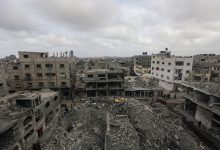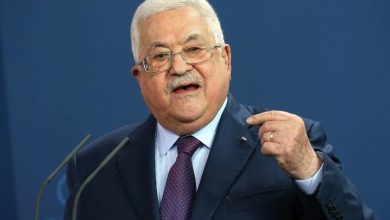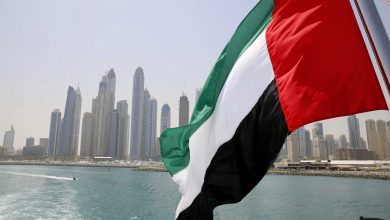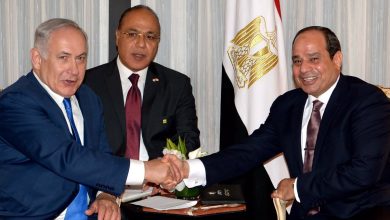Balancing Act: Deciphering Israel’s Lean Towards Emirati Influence in Gaza
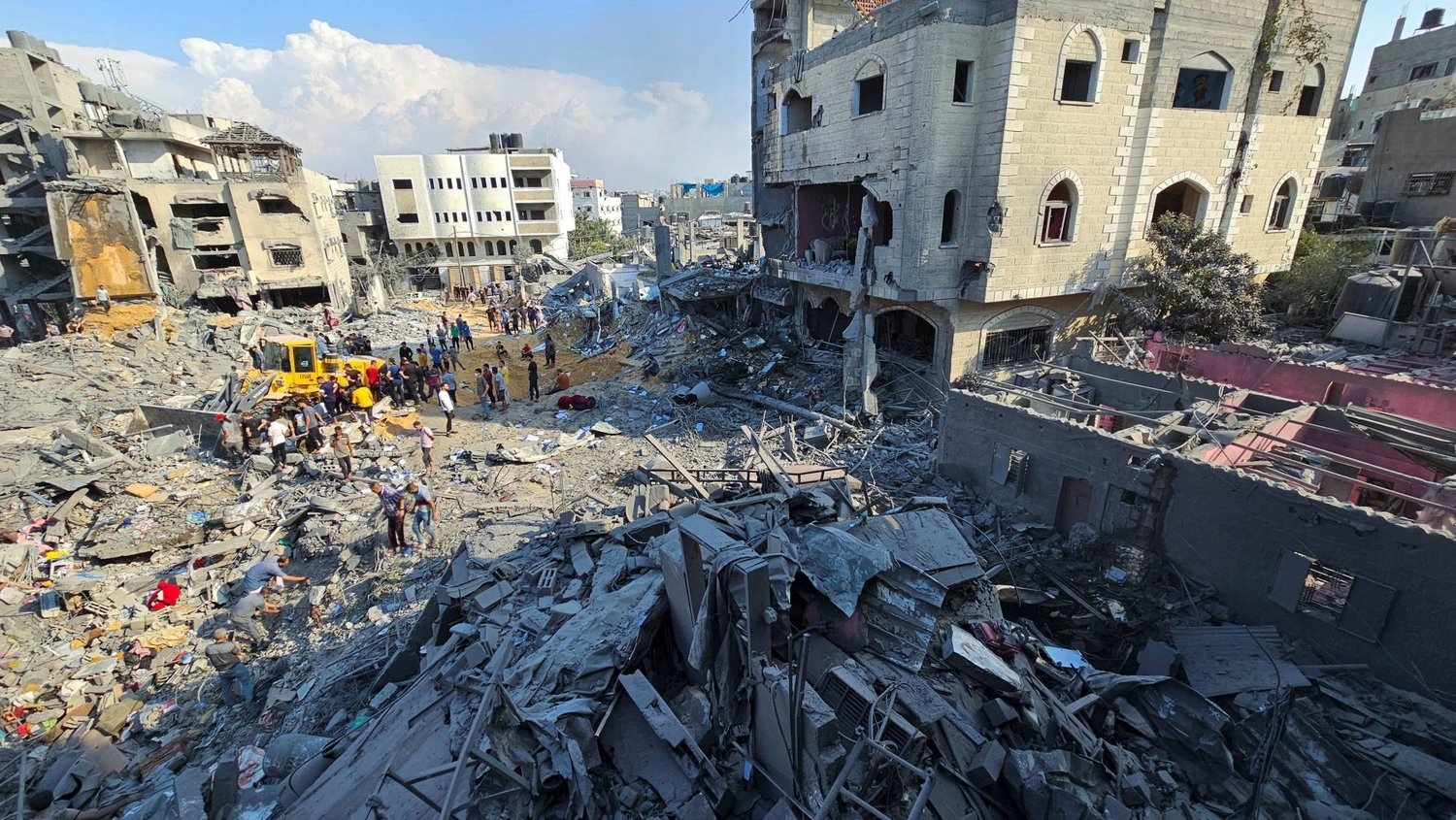
Watan-A researcher at the Israeli Institute for National Security Studies shed light on the reasons for the Israeli occupation leaders’ preference for Emirati influence in Gaza for post-war arrangements in the sector currently witnessing ongoing brutal aggression.
As part of post-war arrangements, researcher Yoel Guzansky called for increasing Emirati influence “first” and Saudi influence “later” in Gaza.
The writer mentioned that the UAE shares with the Israeli occupation an interest in removing the Palestinian resistance movement Hamas from power in the besieged territory and weakening its ideology, as well as cutting its ties with Iran.
However, Guzansky argued in his article in the “Yedioth Ahronoth” newspaper that Israel should, in return, pay a price for this cooperation with the Mohammed bin Zayed regime.
According to the researcher, Israel sees the UAE as a successor to Qatar in its influence inside Gaza, hence he called for empowering Abu Dhabi to work in Gaza now, without waiting for the end of the war.
The roles of the UAE and Saudi Arabia in Gaza
The researcher pointed out that the occupation expects “moderate” Arab states like the UAE and Saudi Arabia to lead the financing of reconstruction in Gaza.
He continued that resuming normalization efforts is a clear Israeli interest, indicating that the occupation is prepared to pay a price for Emirati cooperation, but the price will be higher with Saudi Arabia.
On the other hand, supporting the occupation and helping it lead post-war Gaza is in the interest of the UAE due to American incentives.
These Western incentives would enhance Abu Dhabi’s stability, security, and improve its public image on the international stage, according to Guzansky’s perspective.
Saudi normalization with Israel
As for the Saudi agreement to normalize relations with the “occupation,” it depends on the price that Israel and the United States will be forced to pay.
The UAE already plays a more active role when it comes to humanitarian aid to southern and central Gaza.
It has established water desalination stations, sent aid through Egypt, dropped more food and medicine by air, and built a field hospital.
Supporting civilians in Gaza could improve the UAE’s standing in the Arab public opinion, which has criticized its ongoing normalization relations with “Israel.”
For this reason, the “occupation” will be asked to pay the price for maintaining these relations as well, under the pretext and the guise of calling for a clear path and timeline towards the establishment of an independent Palestinian state.


